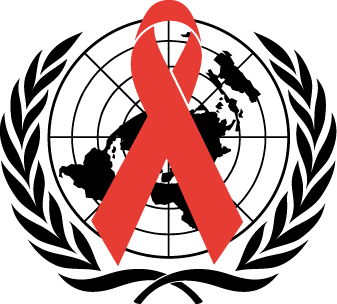Today is Youth Day and UNAIDS is presenting a study on the HIV protection behaviour of all 15 - 24 year olds in the world. Fancy a few figures? You're welcome.
Today is Youth Day. And the start of the Year of Youth from August 2011 to August 2012. Fancy a few figures? Why not: Youth means 15 - 24 year olds. This group is 1.4 billion strong and 9 out of 10 young people live in a developing or emerging country.
Many of them have limited access to education and lack good healthcare. Despite this, the prevalence of HIV among young people in 15 of the 21 countries most affected by HIV and AIDS has fallen by 25 per cent in recent years. A huge step forward. However, 41 per cent of all new HIV infections among adults worldwide still occur in this age group, with 3,000 young people on the planet becoming infected with HIV every day. In 2009, 4.9 million young women and men worldwide were living with the virus.
All these figures are taken from "Securing the Future Today" ("Securing the future today") of a more than 100 long study published by UNAIDS and its partners at the end of July.
The document also shows that there is room for improvement in knowledge about HIV among young people around the world. In emerging and developing countries, 36 per cent of all men and only 24 per cent of all women in the age group have sufficient information and knowledge about HIV and AIDS.
UNAIDS is currently developing strategies to work more closely with young people and youth organisations and is constantly lobbying politicians to enable young people to protect themselves through information, sex education and access to condoms. The vision: zero new infections, zero discrimination and no more deaths from the consequences of AIDS. Until then, there is still a lot to do.
Michel Sidibé, Head of UNAIDS, said: "A decisive step was taken in June this year when many UN member states signed our Political Declaration on HIV, committing to channel the energies of young people into projects that lead to more education about HIV. Already, many young people are choosing to have sex with fewer people later in life when they know more, and many of them are using condoms. In other words, young people are working to lead the world to a revolution that will protect them from HIV."
(pasch)










